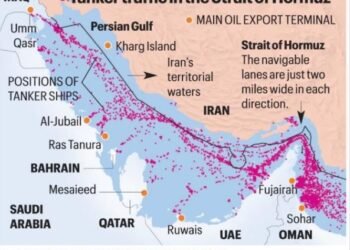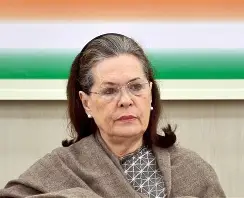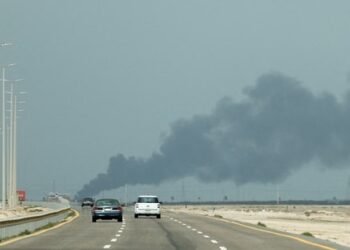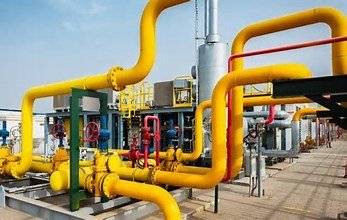The proposed “lifeline corridor” would rehabilitate and secure key hill routes, keeping them functional even during unrest.
BY PC Bureau
August 9, 2025: There is some cautiously optimistic news for the Kuki-Zo community. The Ministry of Development of North Eastern Region (DoNER) has formally urged the Manipur government to examine the possibility of establishing a dedicated road corridor to the violence-hit hill districts .
In a letter dated August 6, Joint Director Paosishmuaing Tunglut of DoNER forwarded a Kuki Inpi memorandum (dated August 1) to the Manipur Chief Secretary. The memorandum, originally addressed to the President of India, described a “grave humanitarian crisis” in Kuki-majority hill areas, citing prolonged blockades and ethnic violence since May 2023. It alleged that key roads had been “blockaded by hostile actors,” effectively cutting off communities from essential supplies, healthcare, and economic activity.
Central to plea for hills road connectivity is the revival and protection of critical routes such as the Tiger Road and Lenin Road. These roads, historically vital for linking Churachandpur, Chandel, and Tengnoupal districts with each other and with the Imphal Valley, have been rendered unreliable due to frequent blockades and security threats.
READ: Suspected ULFA-I, NSCN Militants Attack Assam Rifles
The Tiger Road — which cuts through strategic hill terrain — once served as a major artery for transporting goods and medical aid. Lenin Road, similarly, is a crucial east-west link for villages along the Indo-Myanmar border, enabling cross-district travel without detouring through volatile valley zones. For many remote hill communities, these two roads represent more than asphalt; they are lifelines for education, markets, and emergency evacuation.
Neglect of the Kuki community continues under successive Manipur governments. On July 28, 2025, in Henglep, Lamka (Churachandpur), villagers were forced to carry a sick Kuki man through rain in the most primitive way to reach the nearest hospital — a clear sign of state apathy. pic.twitter.com/zxXjKnQVKr
— Julia Kendrick (@JuKrick_) August 3, 2025
DoNER’s recommendation aims to ensure that these roads, along with other key hill routes, are rehabilitated, secured, and integrated into a dedicated “lifeline corridor” that can remain functional even during periods of unrest. The ministry stressed the need for “policy-aligned prioritization” to make this corridor resistant to disruptions that have crippled hill economies and deepened humanitarian crises.
Ethnic Tensions Over Infrastructure
While Kuki groups see the proposed corridor as a survival necessity, some other ethnic organizations remain wary. Critics argue that such projects, if not implemented with transparency and consensus, could be perceived as legitimizing separate administrative aspirations. This underscores the fragile political terrain in Manipur, where infrastructure is often entangled with identity and territorial claims.
READ: Two Army Soldiers Martyred in J&K’s Kulgam
Incidentally, on Friday, the state administration assured a delegation of the Foothill Naga Coordination Committee (FNCC) that no unauthorized road construction had been sanctioned in disputed foothill areas. The FNCC had alleged illegal roadworks and “unauthorized naming of roads” in sensitive zones, prompting protests and a supply blockade.
State officials denied the allegations, maintaining that all infrastructure projects undergo due process. “No illegal construction will be tolerated, and any verified violations will face legal action,” a government representative said. The blockade was subsequently lifted, easing some pressure on already strained supply chains.
.













